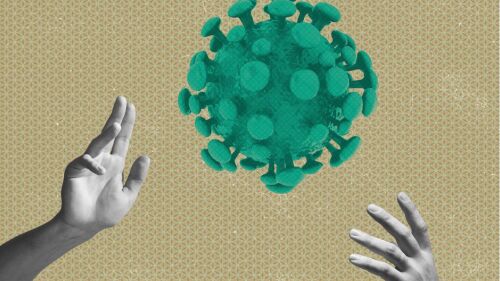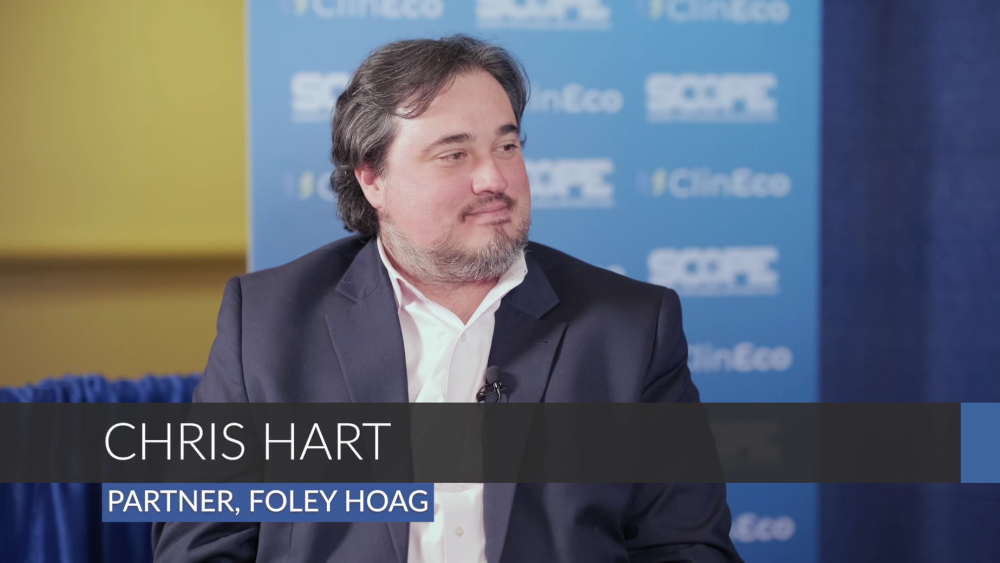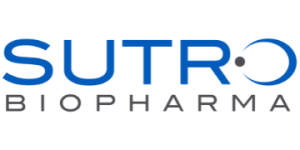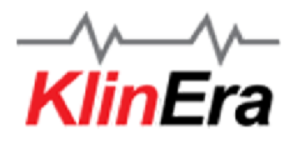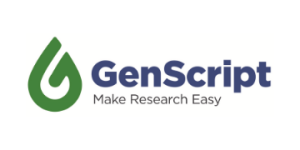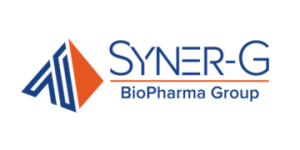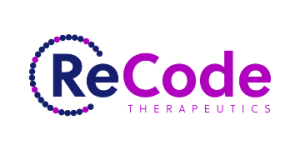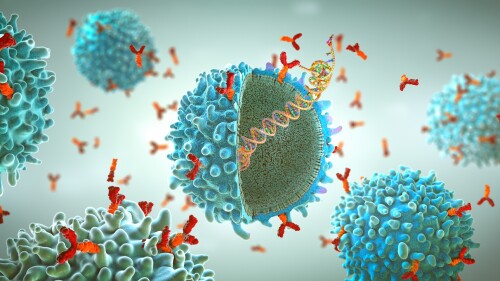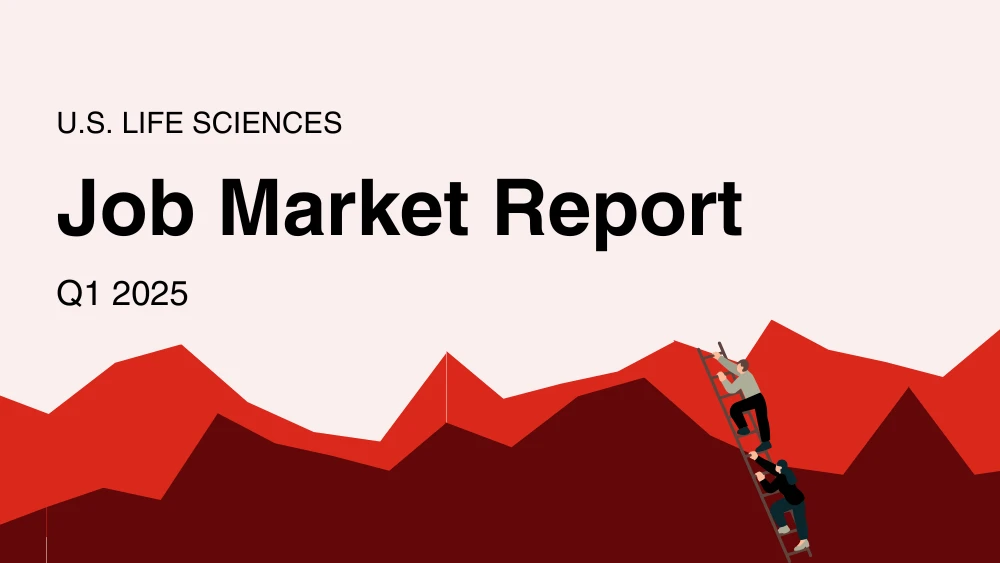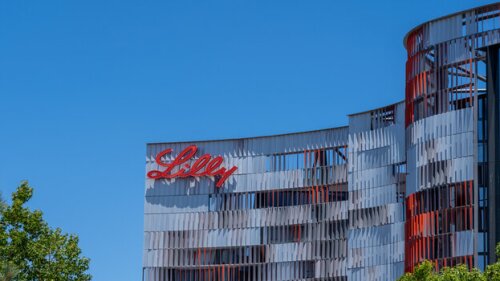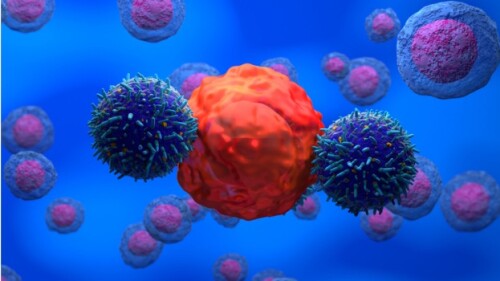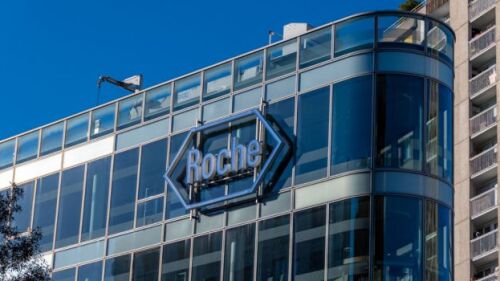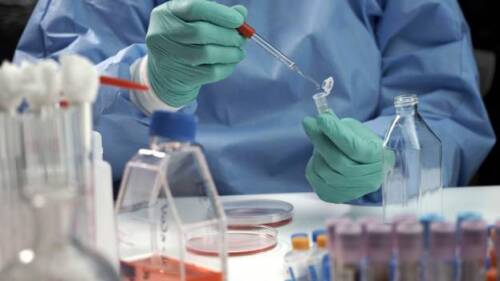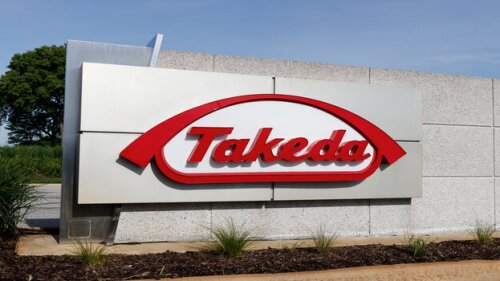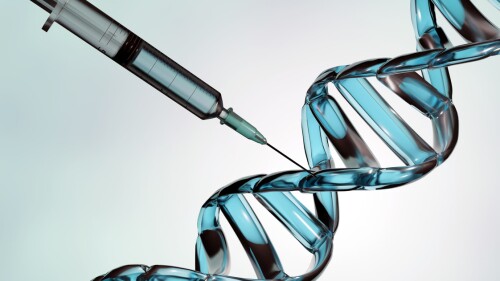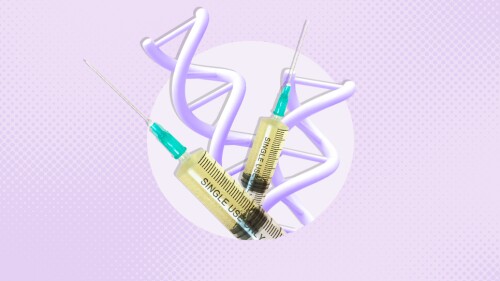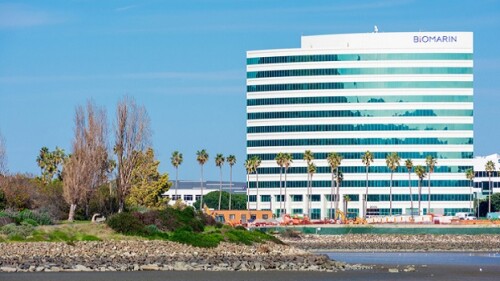The FDA has lost several senior employees in recent weeks, including some who have been at the agency for more than two decades.
Many companies have foreshadowed deals to come during earnings calls in recent days. The return of M&A would be a welcome sign for the biopharma ecosystem, which has been battered by macro headwinds such as tariffs and the possibility of new drug pricing pressures.
Entrada is paring back its research staff even as it gears up to hire employees to support a planned clinical trial for a Duchenne muscular dystrophy candidate.
The American Association for Cancer Research’s annual conference featured updates from several companies on key candidates and assets, including Merck’s Keytruda and GSK’s Jemperli.
At the heart of the acquisition is Regulus’ farabursen, an miRNA-targeting oligonucleotide in early-stage development for rare autosomal dominant polycystic kidney disease.
GSK’s dealmaking will be “cautious and disciplined” under the current trade war, but the pharma will focus on looking for “opportunities created” amid these tensions, according to CEO Emma Walmsley. The company also reported a 4% earnings bump for the quarter.
FEATURED STORIES
Merck’s Keytruda holds on to the top spot while AbbVie’s Humira—once the world’s top-selling drug—continues to cede its market share to biosimilar competitors.
Congress did not reauthorize the rare pediatric disease priority review program at the end of 2024. Advocates say the ripple effect is already being felt across biopharma.
In the current legal and political landscape, it is all about survival for DEI initiatives.
FROM BIOSPACE INSIGHTS
In a year when eradicated diseases are on the uptick in America, how will American children survive RFK Jr.’s vaccine scrutiny and inconsistency? Two experts call on pharma and regulatory bodies to rebuild trust.
LATEST PODCASTS
In this second episode of our collaboration with DIA, we discuss the challenging, collaborative process of regulating advanced therapy product development with guests James Wabby, AbbVie and Rob Schulz, Suttons Creek, Inc.
AstraZeneca targets $80 billion in revenue by 2030, layoffs at Bayer, BMS and Pfizer continue to generate attention across the biopharma industry, Takeda takes a deep dive into the molecular glue space and conference season is in full swing.
BioSpace’s Lori Ellis discusses the risks and challenges of cell and gene therapy combination products with DIA speakers James Wabby, AbbVie and Rob Schulz, Suttons Creek, Inc.
Job Trends
AbbVie announced that the European Medicines Agency’s Committee for Medicinal Products for Human Use adopted a positive opinion recommending the approval of risankizumab for the treatment of adults with moderately to severely active UC who have had an inadequate response, lost response, or were intolerant to either conventional or biologic therapy.
Subscribe to Genepool
Subscribe to BioSpace’s flagship publication including top headlines, special editions and life sciences’ most important breaking news
SPECIAL EDITIONS
A new generation of checkpoint inhibitors is emerging, with some showing more promise than others. From recent TIGIT failures to high-potential targets like VEGF, BioSpace explores what’s on the horizon in immuno-oncology.
Peter Marks, the venerable head of the FDA’s Center for Biologics Evaluation and Research, has been forced out. In this special edition of BioPharm Executive, BioSpace takes a deep dive into the instability of the HHS.
Year-over-year BioSpace data show biopharma professionals faced increased competition for fewer employment opportunities during the first quarter of 2025.
DEALS
-
Eli Lilly on Monday announced a $3.2 billion all-cash deal to purchase Morphic and its pipeline of oral integrin therapies in a move to expand the pharma’s presence in the autoimmune diseases space.
-
GSK on Wednesday restructured its contract with CureVac to gain access to the biotech’s influenza and COVID-19 programs for $430 million upfront and up to $1.13 billion in future payments.
-
Eli Lilly is expanding its radiopharmaceutical portfolio with a $140 million upfront payment to Radionetics Oncology and the exclusive future right to acquire the biotech for $1 billion.
-
Samsung Biologics announced Tuesday it has signed its largest contract ever—a $1.06 billion manufacturing deal with an unnamed pharmaceutical company headquartered in the U.S.
-
Cartesian Therapeutics’ mRNA CAR-T therapy met its primary endpoint in a mid-stage trial for the chronic autoimmune disorder and expects to raise $130 million via private placement equity financing.
WEIGHT LOSS
-
Venture Capital firms Atlas Venture, Bain Capital Life Sciences and RTW Investments have led a $400 million Series A for Kailera Therapeutics, the latest obesity biotech to hit the scene.
-
A week after it released positive early-stage data, Metsera has partnered with Amneal Pharmaceuticals in an effort to secure the development and supply of its investigational weight loss therapy MET-097.
-
The acquisition was featured Monday in Roche’s Pharma Day presentation, which also included projections of more than $3 billion in annual sales from three early-stage obesity and diabetes drugs.
-
Sen. Bernie Sanders’ aggressive targeting of Danish drugmaker Novo Nordisk’s Ozempic and Wegovy pricing, and not Eli Lilly’s rival drugs, is not fair.
-
In a Tuesday Senate hearing on Novo Nordisk’s drug pricing, CEO Lars Fruergaard Jørgensen said he would be willing to sit down with the three largest pharmacy benefit managers who committed that they would expand coverage of Ozempic and Wegovy if Novo lowers its list prices for the blockbuster drugs.
POLICY
-
A week after dining with Trump and his team at Mar-a-Lago, leaders at Pfizer and Eli Lilly have publicly stated that they intend to collaborate with the incoming administration on key issues affecting the pharma industry.
-
Former president and CEO of CytoDyn Nader Pourhassan along with Kazem Kazempour, former CEO of the CRO running CytoDyn’s trials, are awaiting sentencing but could face up to 20 years in prison for each count of securities and wire fraud and insider trading.
-
The EPIC Act has been proposed with bipartisan and industry support to give small molecule drugs the same protection against price negotiation as biologics, but concerns over how to balance the federal budget could prevent a short-term fix to the IRA.
-
In the U.S., the chorus of opposition against the proposed buyout continues to grow and now includes the CEOs of Roche and Lilly, a broad coalition of unions and consumer groups and at least one senator.
-
Iskra Reic will continue to serve as the pharma’s senior vice president for Vaccines and Immune Therapies as she steps in for Leon Wang, who was detained by Chinese authorities in November.
BioSpace spoke with Jay Johnson, the Director of Talent Acquisition for Orthopedics at Stryker, to find out what it takes to land a job in medical sales.
Since 2020, the life sciences industry has worked to rebound from the COVID-19 pandemic. But one sector’s growth has far outpaced the others–the biotech industry.
Location is everything when it comes to compensation in the life sciences. We’ve compiled data from BioSpace’s 2023 Life Sciences Salary Report to help you choose the best place to live and work.
Sales and marketing roles in the life sciences field are in high demand. To help with your job search, we’ve compiled a guide to sales and marketing jobs in the life sciences industry.
With a swirl of rumors around the changes in ownership in the pharma industry, this invariably triggers reviews of business strategies. Because of this, wider skillsets from related sectors are needed.
Candice Richards, the Manager of Talent Acquisition at Kyowa Kirin North America, shed some light on what to expect from a pharma interview and how to effectively prepare.
HOTBEDS
REPORTS
In this Employment Outlook report, BioSpace explores current workforce sentiment, job activity trends and the prospective job and hiring outlook for 2025, particularly as it compares to the previous year.
BioSpace’s third report on diversity, equity, inclusion and belonging in life sciences examines dramatic shifts in attitude around diversity initiatives.
CANCER
-
Some 90% of investigational drugs fail—and success rates are even more dire in the neuro space. Here, BioSpace looks at five clinical trial flops that stole headlines over the past 12 months.
-
Incyte is abandoning its ALK2 blocker zilurgisertib, which it was trialing for myelofibrosis-associated anemia, while iTeos will deprioritize the development of inupadenant after it failed to meet the biotech’s clinical bar in a Phase II study of metastatic non-small cell lung cancer.
-
Pfizer, facing increasing pressure from Novartis, is touting a Phase III win for Ibrance as the first clinical evidence supporting the CDK4/6 inhibitor class’ use in patients with a specific type of breast cancer.
-
Candel’s trial was conducted under the FDA’s Special Protocol Assessment program, meaning that its data could be used as a basis for a regulatory application.
-
With nearly 90% of patients showing no detectable cancer cells after treatment, J&J and Legend’s Carvykti could stave off competition from emerging CAR T therapies such as Gilead and Arcellx’s anito-cel.
NEUROSCIENCE
-
Alto Neuroscience’s depression treatment failed to beat placebo just nine months after the biotech went public. The stunning failure called to mind Acelyrin, which faced a similar fate last year.
-
Roche drops a third Alzheimer’s candidate this year, terminating a partnership with UCB just four years after agreeing to work together on new treatments for the neurological disease.
-
Seaport Therapeutics, kick started by the former leaders of Karuna Therapeutics, has raised $225 million in an oversubscribed Series B to fund a pipeline of neuropsychiatric medicines.
-
BMO Capital Markets analyst Evan Seigerman in a note to investors said the late-stage data for Vertex’s experimental non-opioid pain medication “reaffirms our confidence in the strength of suzetrigine’s profile.” However, William Blair analysts view these data as “an incremental positive” as the company faces challenges in targeting the acute pain market.
-
Wave Life Sciences in a Tuesday filing with the SEC said Takeda has elected to terminate its option to continue work on Wave’s WVE-003 clinical-stage Huntington’s disease program—a potential $5 billion commercial opportunity, according to the biotech.
CELL AND GENE THERAPY
-
Likely to miss its initiation target, bluebird bio has renegotiated the loan deals of its agreement with Hercules Capital, giving it until June 30 next year—at the latest.
-
Eli Lilly’s new research and development facility in Boston’s Seaport district will focus on DNA- and RNA-based therapies, as well as other priority areas such as diabetes and obesity.
-
Patients in the U.K. with transfusion-dependent beta-thalassemia will have access to Vertex Pharmaceuticals’ gene editing therapy Casgevy, thanks to an agreement with the National Health Service on the price.
-
Experts say the time is now to develop and provide widespread access to genetic medicines for the rarest diseases. What’s more, they say it is a moral imperative.
-
BioMarin Pharmaceuticals on Monday said it is restricting sales of its hemophilia A gene therapy to three countries in an effort to reduce costs and help the treatment become profitable by 2025.


